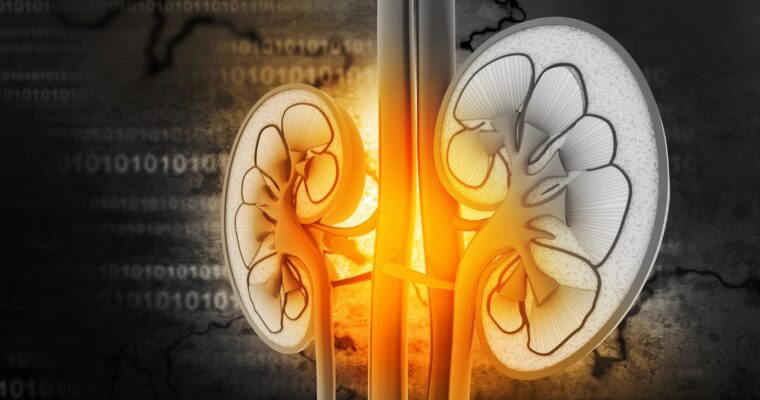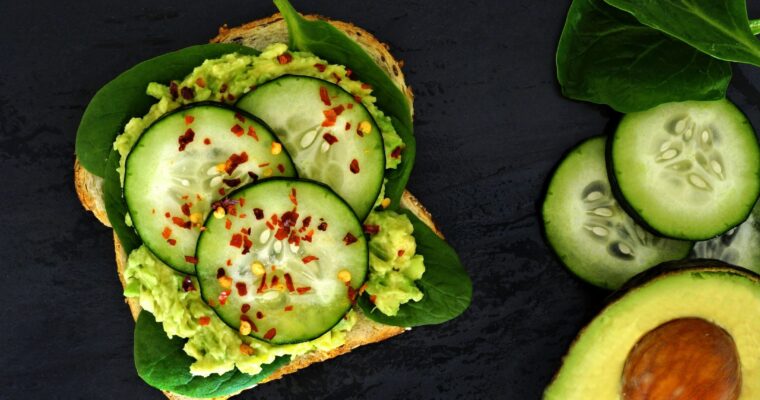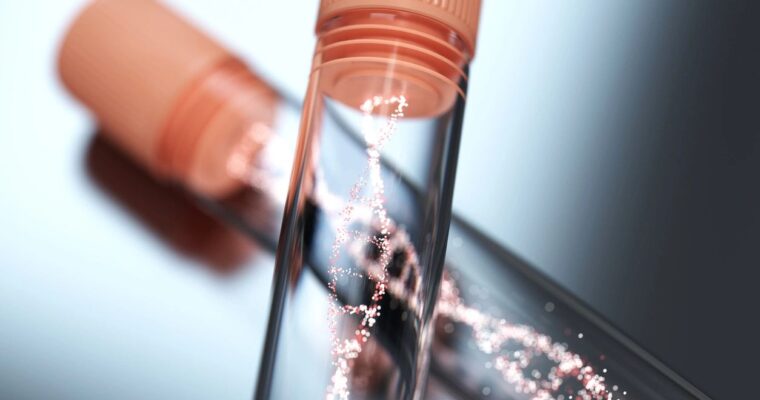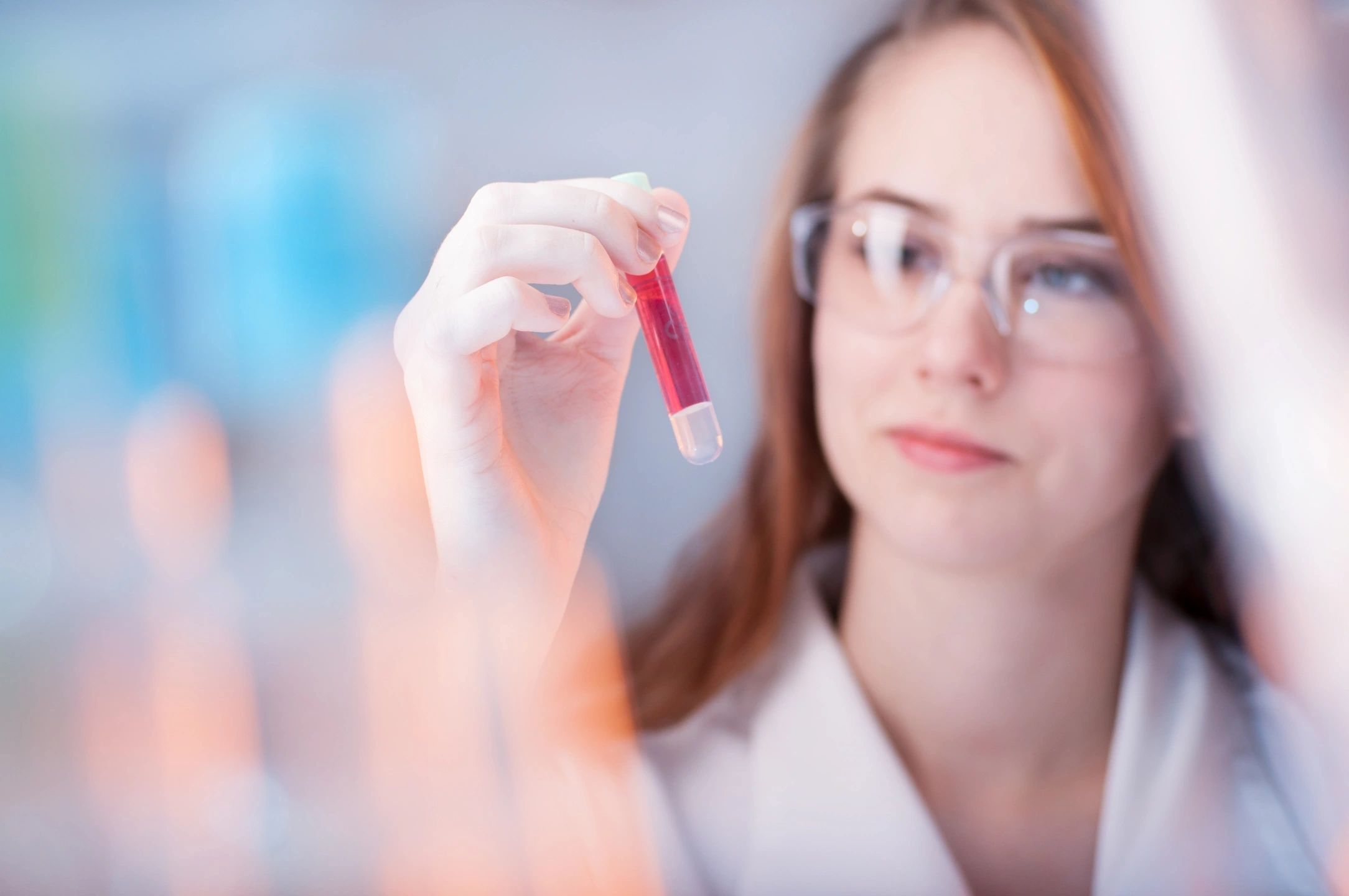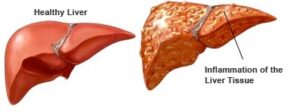Gallbladder: What is it? And what does it do?
Dr. Claire Arcidiacono, ND
In this current series we have mostly focused on liver and kidney health. In this blog we will be taking a left turn and focusing on the gallbladder since the overall health of the gallbladder can and does impact the health of the liver. But just what is the gallbladder and what does it even do for us? Let us get into it shall we?
Well, the gallbladder is a small organ that is located under the liver. It is like a pear-shaped balloon. Its job in the body is to store bile and release it when needed. The bile gets is made in the liver and is only stored in the gallbladder.
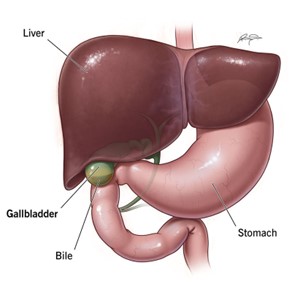
So how exactly does this process work? Well to put it simply the gallbladder connects to the various parts of your digestive system via the biliary tract (also called bile ducts). You can think of this pathway as a highway for bile to travel. Our liver produces bile and then it goes into the gallbladder for use later. When you eat the gallbladder gets a message to release the bile. Bile travels via the biliary tract to eventually end up in the duodenum where it helps to digest any fats you may have consumed. (1)
I bet I know what you are thinking, this process seems like such a simple system. What could go wrong? I am glad you asked! The first thing is you may form gallstones. Gallstones are like little rocks of bile that form either in the gallbladder or in the bile tract (bile duct).
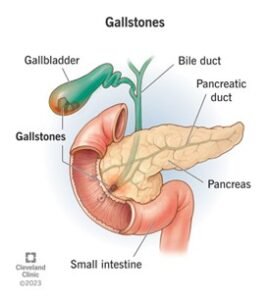
Depending on the number of stones and how large they are they may or may not cause symptoms. A large stone can block the biliary tract causing a problem because of the regurgitation of the bile. For example, you may have cholecystitis (gallbladder inflammation), pancreatitis (inflamed pancreases) and cholangitis (bile duct inflammation). Gallstones also increase the risk of hepatitis (inflamed liver). For more information, please see my blog on this topic. Gallstones can also increase the risk of both jaundice and septicemia. (1)
Now what are the signs of gallbladder concerns? Well, you may have upper abdominal pain and nausea. You may have sweating, fever, and a rapid heart rate. Your abdomen may even swell and feel tender. You may have jaundice and even change the color of your urine/stool. (2) The abdominal muscles on the right side of the body may be stiff. Older individuals may have overall weakness and even increased fatigue. (3) Other signs can include pain after eating a fatty meal. The upper right abdominal pain may radiate to the right shoulder/ back. In addition to the fever, you may have chills. (1) If these sound like the signs and symptoms of hepatitis that is because they are. Remember as I said in my blog on hepatitis it is inflammation in the liver and when you have any inflammation in the gallbladder it increases the risk of inflammation in the liver.
Now what are the most common risk factors for gallbladder concerns? Well, these include being female, being over 40 y/o and being of Hispanic or Native American descent. Pregnancy is also a risk factor. Having high cholesterol, diabetes or obesity are all risk factors. Interestingly losing weight rapidly is also a risk factor. (3)
Gallbladder dysfunction may require surgery. Talk to your doctor about the different options. As for supplements, let us review our options, shall we?
- Ox bile, shown in studies to help with fat absorption and even digestion. (4) See Pure Digestion GB, available at Invite health!
- Lipase has been shown to help with poor fat digestion by reducing symptoms such as bloating, gas and even an uncomfortable full feeling after high fat meals. (5) Please see Invite’s Digestive Hx and Prozyme Digest (I’m chewable!)
- Magnesium, shown to help with symptoms of gallbladder concerns. (6) Please see Invite’s Magnesium citrate, glycinate and BioAvail magnesium!
- Dandelion, shown to help relieve gallbladder problems and help with symptoms associated with gallbladder problems such as gallstones. (7) Please see Invite’s Hepatox and Daily Detox powder.
- Castor oil packs can also reduce gallbladder inflammation. Castor oil pack instructions: Apply oil to a clean, soft cloth and place on abdomen. Cover with plastic wrap, place a heat source (hot water bottle or heating pad) over the pack, and let sit for 30 to 60 minutes. For the best results, use it for 3 consecutive days. Apply it to abdomen, especially the gallbladder area, to help reduce swelling. (8)
- For help with increasing healthy fruits and vegetables in your diet please see Invite’s Greens, Organic Greens as well as our Purples, Oranges and Reds. Studies have found these foods are good for our gallbladder health. (6)
- For a personalized protocol for overall gallbladder health feel free to reach out Online to schedule a consultation with a nutritionist for an in-depth discussion. https://invitehealth.com/pages/personalized-nutrition
Our product highlight will be Prozyme Digest!
Sources:
- https://my.clevelandclinic.org/health/body/21690-gallbladder
- https://my.clevelandclinic.org/health/diseases/7313-gallstones
- https://my.clevelandclinic.org/health/diseases/15265-gallbladder-swelling–inflammation-cholecystitis
- https://www.gastrojournal.org/article/S0016-5085(99)70223-4/fulltext
- https://www.mountsinai.org/health-library/supplement/lipase#:~:text=In%20a%20small%20clinical%20study,done%20to%20test%20this%20theory
- https://www.mountsinai.org/health-library/condition/gallbladder-disease
- https://pubmed.ncbi.nlm.nih.gov/35405251/
- https://www.mountsinai.org/health-library/condition/gallbladder-disease

